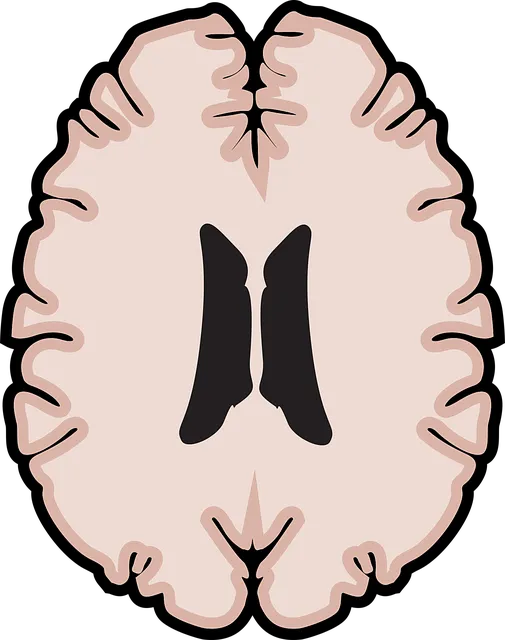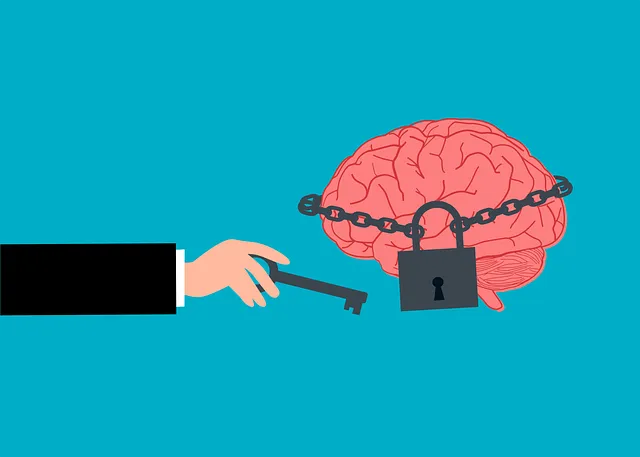The Englewood Kaiser Permanente Mental Health Center prioritizes patient safety and holistic care through comprehensive risk assessment and management. They utilize structured processes, evidence-based tools, and strategies like Depression Prevention and Mind Over Matter to enhance resilience, promote coping, and build supportive relationships. Their multi-faceted approach includes detailed patient assessments, evidence-based practices, regular monitoring, and open communication for continuous improvement. The center also emphasizes self-care routines and burnout prevention strategies to support mental health professionals' well-being, reflecting their commitment to a safe and effective work environment at Englewood Kaiser Permanente mental health center.
“At the Englewood Kaiser Permanente Mental Health Center, risk assessment plays a pivotal role in safeguarding patients and professionals. This article delves into the intricate process of risk evaluation, drawing insights from the center’s best practices. We explore key factors that contribute to comprehensive risk assessments, highlighting strategies to mitigate potential hazards and foster safe practice environments. By understanding these aspects, mental health professionals can navigate challenges effectively, ensuring patient safety and fostering a supportive atmosphere at Englewood Kaiser Permanente.”
- Understanding Risk Assessment at Englewood Kaiser Permanente Mental Health Center
- Key Factors in Conducting Comprehensive Risk Evaluations
- Strategies for Mitigating Risks and Ensuring Safe Practice Environments
Understanding Risk Assessment at Englewood Kaiser Permanente Mental Health Center

At Englewood Kaiser Permanente Mental Health Center, risk assessment is a cornerstone of patient care. It’s a structured process that helps mental health professionals identify and mitigate potential risks, ensuring patient safety and fostering effective treatment. The center leverages evidence-based tools and techniques to evaluate not just present dangers but also predict future risks, encompassing both acute crises and long-term setbacks.
This comprehensive approach integrates key concepts like Depression Prevention, Mind Over Matter Principles, and Empathy Building Strategies into the risk assessment framework. By focusing on these strategies, the center aims to strengthen patient resilience, promote coping mechanisms, and build supportive relationships that can significantly reduce risks related to mental health deterioration. This holistic view not only enhances individual recovery but also contributes to a safer, more supportive environment for all patients at Englewood Kaiser Permanente Mental Health Center.
Key Factors in Conducting Comprehensive Risk Evaluations

Conducting comprehensive risk evaluations for mental health professionals at institutions like Englewood Kaiser Permanente mental health center requires a multifaceted approach. Key factors include thorough patient assessment, where professionals meticulously gather information about individuals’ psychological histories, current circumstances, and potential triggers. This involves probing for past traumas, substance abuse issues, and any underlying conditions that might exacerbate stress or contribute to crises.
Additionally, integrating evidence-based practices such as Mindfulness Meditation, Mental Wellness Journaling Exercises, and Empathy Building Strategies can offer valuable insights into patients’ emotional states and help professionals anticipate potential risks. Regular monitoring and ongoing dialogue with patients are essential components of these evaluations, ensuring that any changes in behavior or mood are promptly identified and addressed.
Strategies for Mitigating Risks and Ensuring Safe Practice Environments

Mental health professionals at Englewood Kaiser Permanente mental health center prioritize risk mitigation through comprehensive Risk Management Planning for Mental Health Professionals. This involves regular evaluation and implementation of safety protocols tailored to individual practice settings, including office spaces and outpatient clinics. By fostering a culture of open communication, professionals encourage colleagues to share concerns and contribute to continuous improvement in healthcare delivery.
Additionally, promoting Self-Care Routine Development for Better Mental Health is integral to mitigating risks and preventing burnout, particularly prevalent among healthcare providers. Encouraging balanced lifestyles, adequate sleep, regular exercise, and mindfulness practices empowers mental health professionals to maintain resilience against stress. Implementing Burnout Prevention Strategies for Healthcare Providers, such as setting clear boundaries between work and personal life, has been shown to significantly enhance job satisfaction and reduce the risk of professional depletion.
Risk assessment is an integral part of ensuring safe practice environments at the Englewood Kaiser Permanente Mental Health Center. By understanding key factors in comprehensive risk evaluations and implementing strategies for mitigation, professionals can create robust safety nets that protect both patients and practitioners. The approach outlined here, tailored to the unique context of the Englewood Kaiser Permanente mental health center, serves as a valuable guide for maintaining a secure and supportive healthcare setting.






